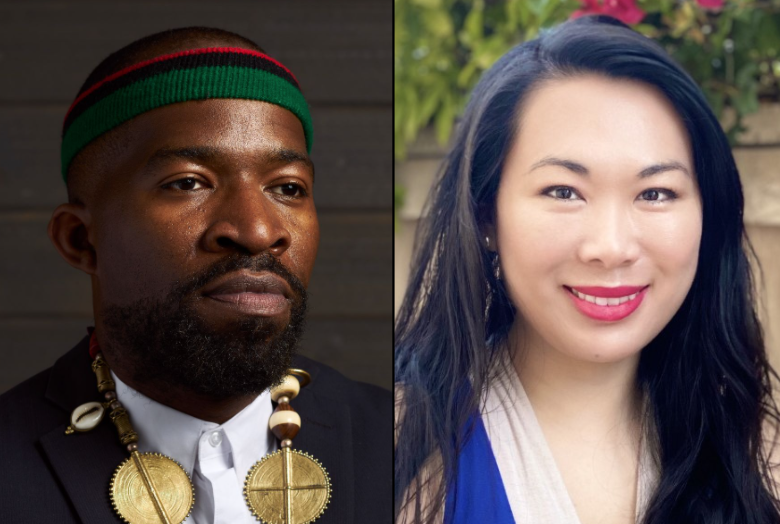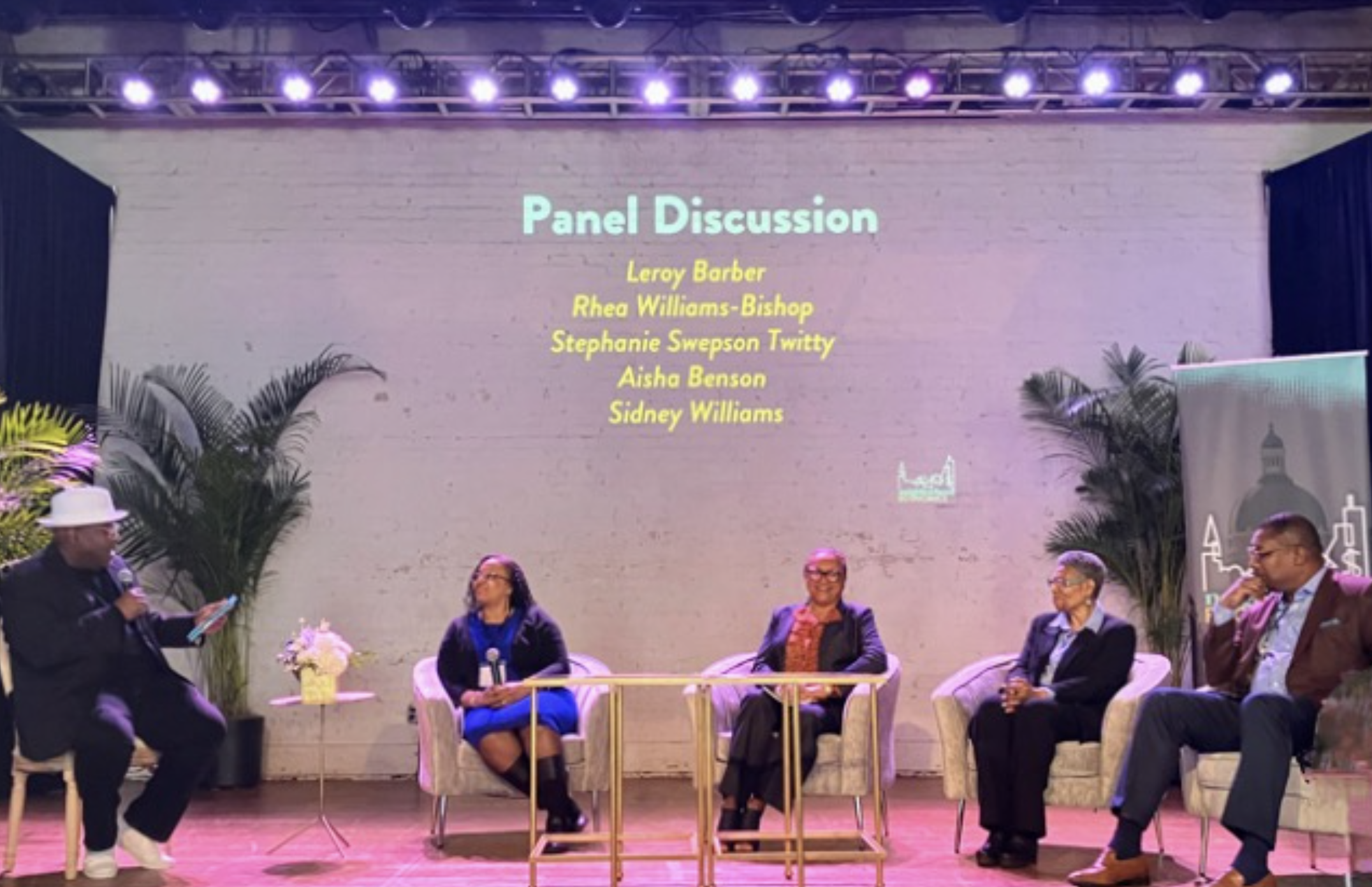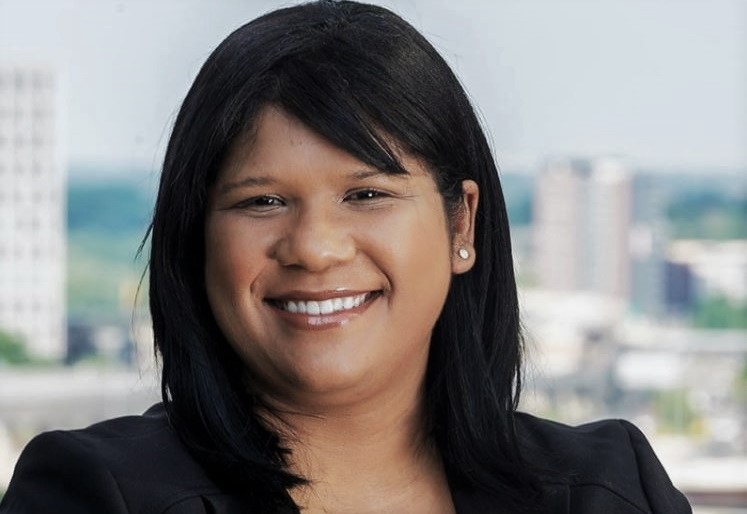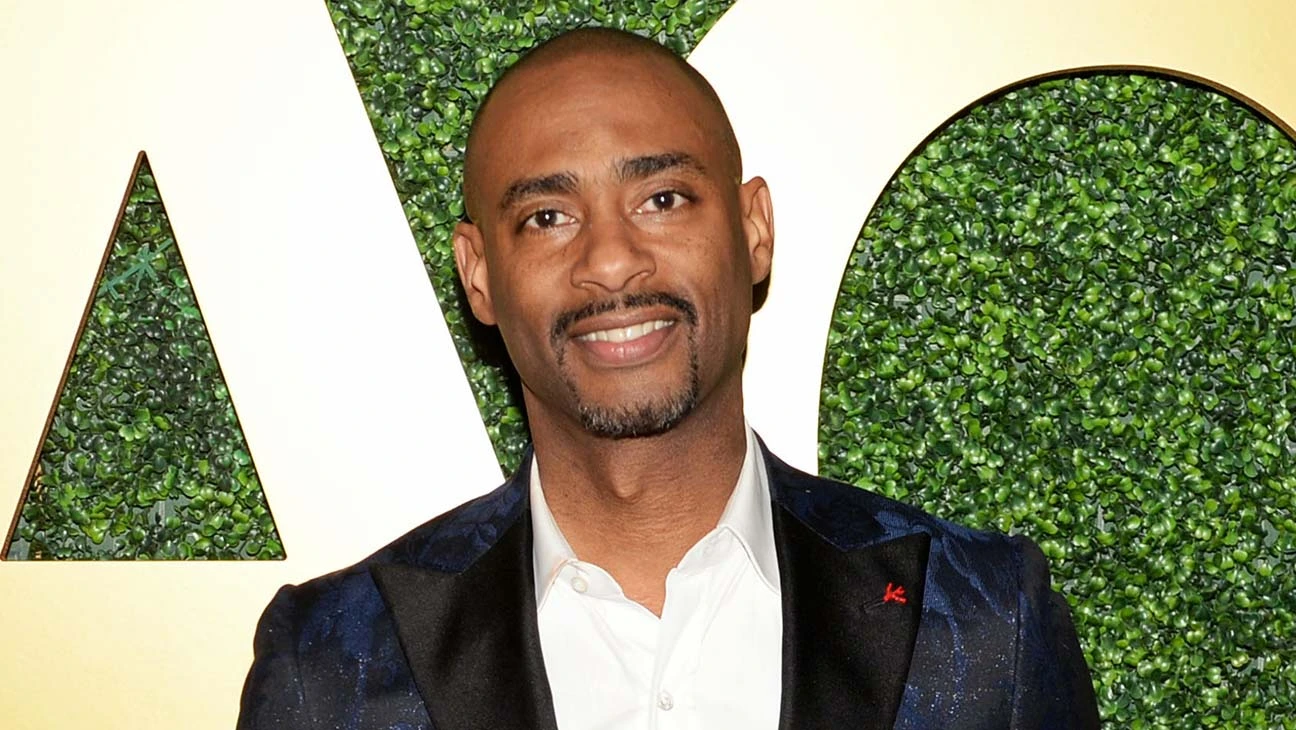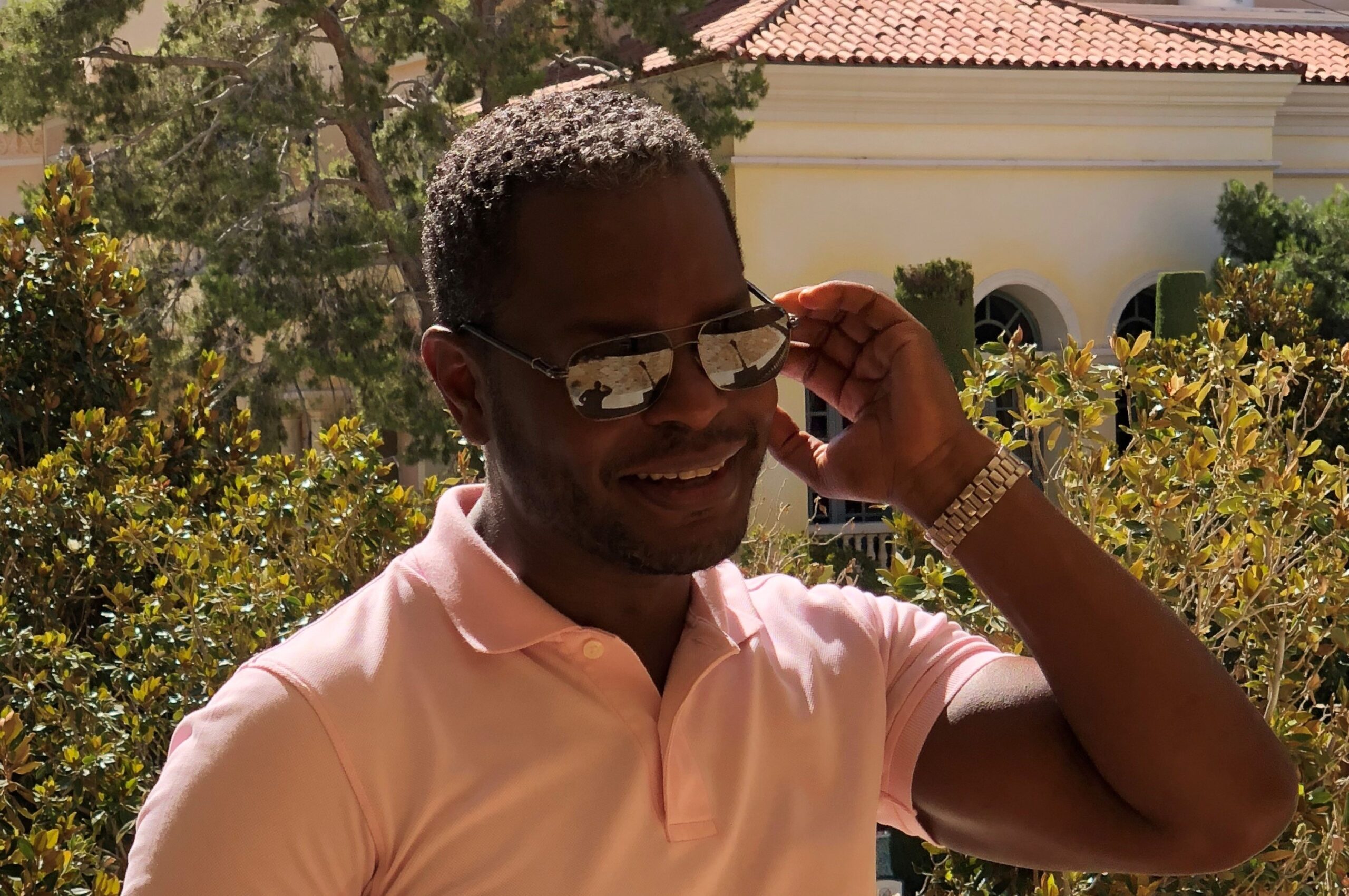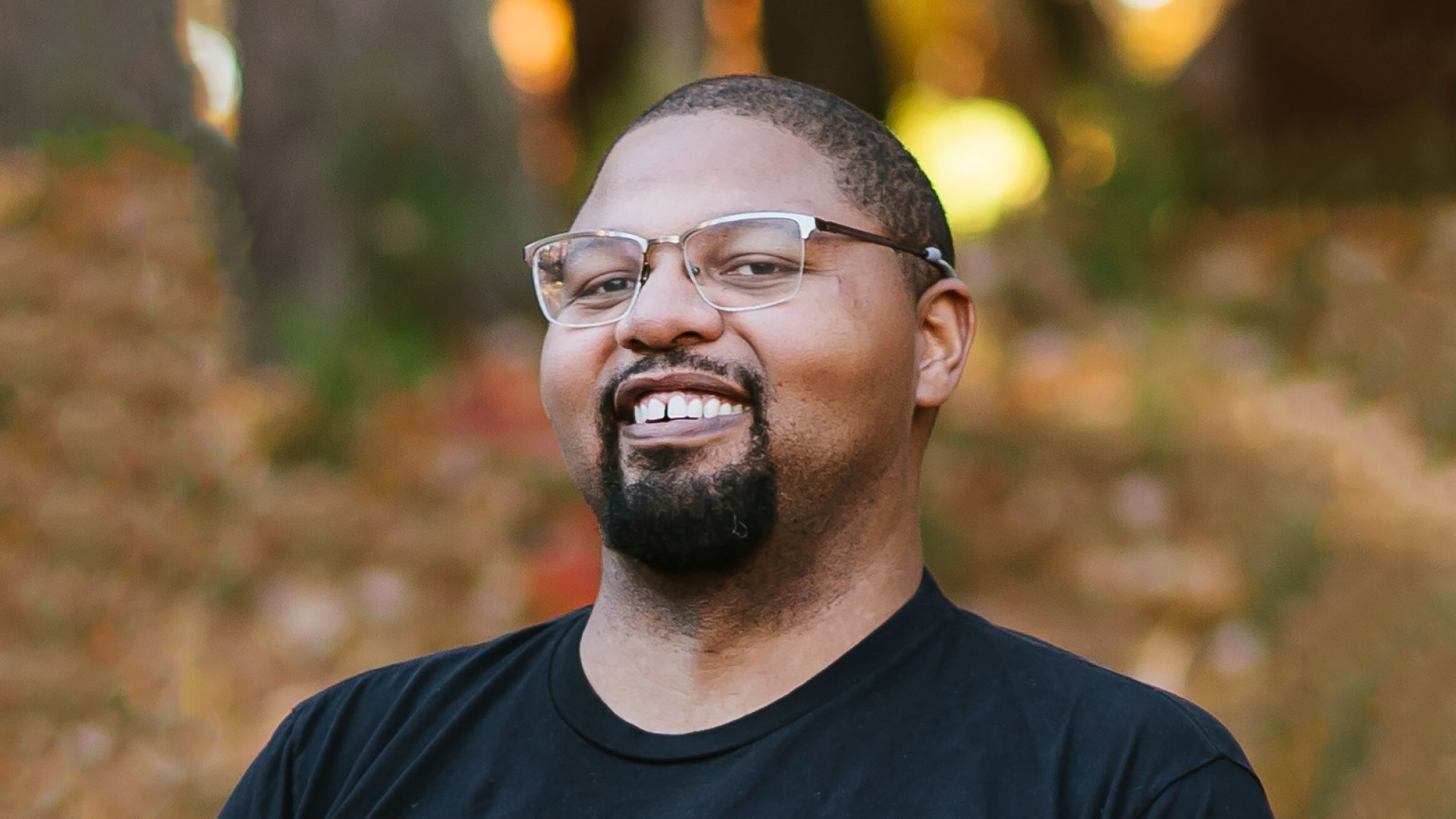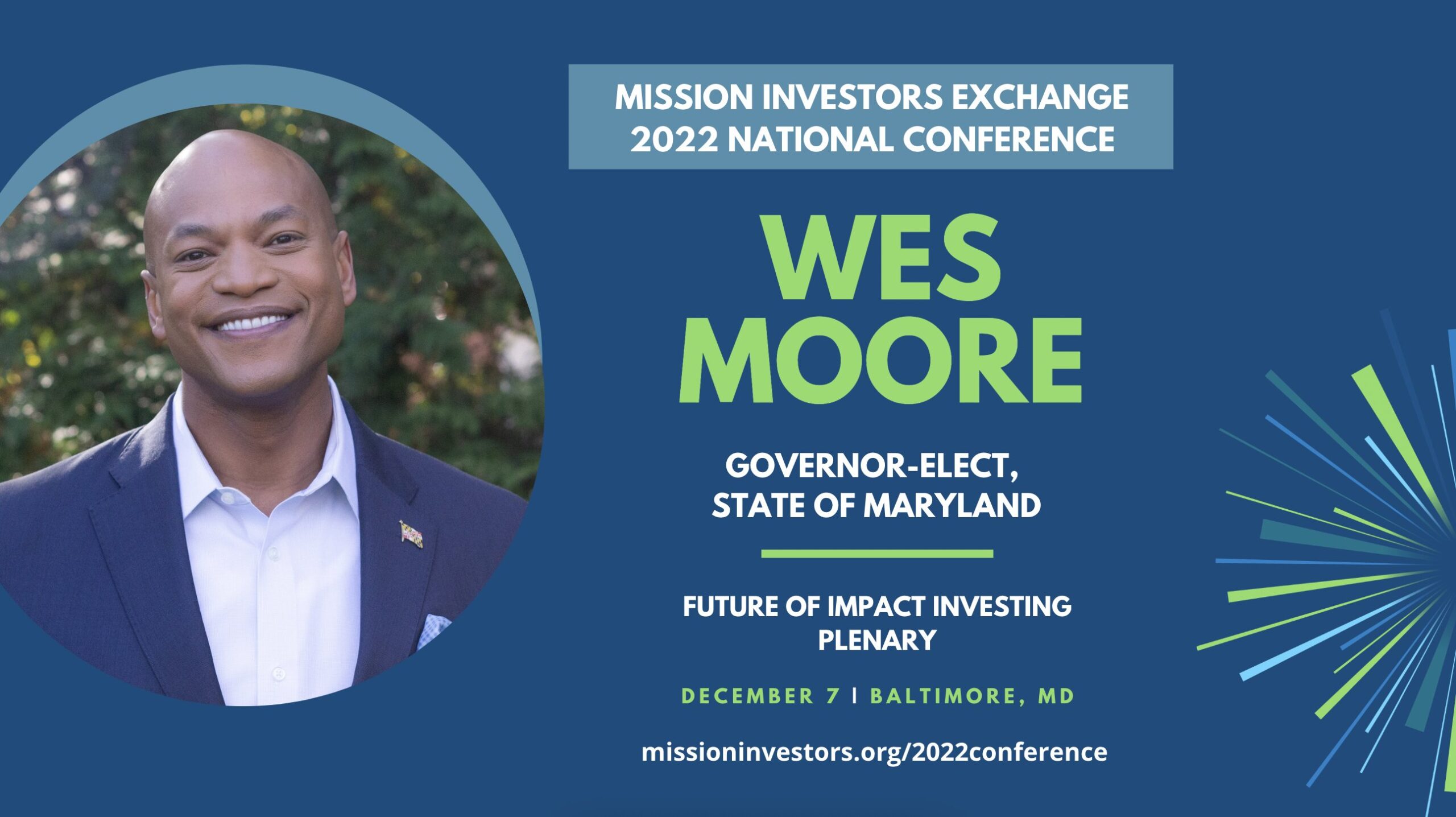ImpactAlpha June 14 – Made with Black Culture is developing a certification process to authenticate products of Black culture.
Through a blockchain-based cryptographic mark, MWBC aims to certify products as ethical commercial uses of Black culture, even as they change hands over time.
MWBC’s goal is to disrupt an industrial complex of cultural production that extracts the creativity of Black people – at unfair labor costs – to enrich overwhelmingly white-led institutions and white executives.
“We all know that culture makes profit. But specifically, the image, likeness, labor, and endorsement of the humans that make our Black culture makes profit. And these assets of Black culture have a historical legacy of being extracted,” MWBC founder Tommy Johnson says on the latest episode of The Reconstruction, ImpactAlpha’s podcast series on moving capital toward justice.
He is joined on the podcast by Fennie Wang, a blockchain entrepreneur, cryptocurrency expert and lawyer who is part of the Made With Black Culture team. Wang is the founder of Humanity Cash, a platform for issuing Universal Basic Income and community currencies.
“Our inspiration was to create a model that could disrupt the monopoly on the assets of Black culture,” Johnson says.
Johnson and Wang are launching a multi-city tour for MWBC in San Francisco this week in time for the Juneteenth, the June 19 commemoration of the day in 1865 that the end of slavery was announced in Texas. Although the Emancipation Proclamation, which was intended to end slavery in the Confederacy, was enacted by President Lincoln on January 1, 1863, it couldn’t be enforced until a sufficient number of Union troops arrived.
Later this year, Made with Black Culture will begin issuing the certification symbol, or attestation, a cryptographic mark that allows a product to be authentically identified, online or off, as MWBC certified. MWBC issues their certification symbol to verify products in exchange for 1% of net sales.
Product makers and owners will invite Black contributors within the company’s leadership and supply chain to attest that their image, likeness, labor and/or endorsement has been used in the product, the Made with Black Culture website explains. “When MWBC verifies the involvement of Black Culture’s image, likeness, labor and/or endorsement in a product, the certified product can place the trading mark on packaging and advertising.” Analogies include kosher or fair-trade certified foods and products.
Profits will be converted into a nonprofit endowment governed by a consortium of community organizations, Johnson says, to “address racial equity through the lens of consumerism.” The endowment plans to focus on four areas: holistic health services, including mental, spiritual, and physical health; heritage discovery, such as travel abroad programs to Africa and other continents; supporting and accelerating small business; and the creation or support of mixed-use Black culture corridors in various cities.
Social verification
Johnson is a contributor to Originals Nation, a nonprofit organizing Black America for economic progress. He met Wang through the advisory board for the Compton Pledge, a guaranteed income pilot program that is providing approximately 800 low-income families in Compton, Calif., with payments of up to $1,800 every three months over two years.
Together, the two are part of the team developing a blockchain-based marketplace and trademark for the ethical consumption of Black culture. Examples of the exploitation of Black culture include Warner Brothers’ contract with Prince, who changed his name to a symbol to protest the terms. Last year, the Whitney Museum of American Art, cancelled an exhibition featuring works by artists of color that the Museum acquired at discounted rates by purchasing them from racial justice charities that had received the works as donations.
Blockchains are encrypted databases that can verify information chronologically without centralized control. The best known applications, of course, are cryptocurrencies, but entrepreneurs have been developing hundreds of other uses. Dramatic examples of blockchain for social good have been elusive, as have investable opportunities beyond cryptocurrencies and the recent craze in non-fungible tokens, or NFTs.
Made with Black Culture is using a system of social verification, called attestations, as the mechanism to verify cultural authenticity, explains Wang.
“Culture is social,” she says. “So it’s also about celebrating the people behind these products, celebrating their labor, their ingenuity, and the social connections that we make. It’s not just about a product, it’s about the emotional connection… we make when we participate in a particular event, economic ecosystem.”
The organization was set up as a “public benefit corporation” to legally codify their values into company processes. They join a growing movement of entrepreneurs, investors, and policymakers seeking governance models that provide alternatives to the doctrines of shareholder primacy that hold sway in most corporations. Public benefit corporations are for-profit companies that enshrine their social purpose in company documents to provide transparency for investors.
“Made with Black Culture exists to protect, preserve and perpetuate Black culture’s existence. So therefore, the structuring as a public benefit tech company was critical,” Johnson says.
“In this pursuit of wealth through exploitation, the most fruitful demonstration… was realistically during the slave trade era,” says Johnson. “The common denominator between the slave era and today when we are in the integration era is that these assets of Black culture are monopolized. And this causes us a substantial amount of harm, really impacting well being, compromising environmental safety, and accelerating the wealth gap.”
Moving beyond important narrative change supported by films like Black Panther, MWBC hopes to support concrete action. Through the certification system, Johnson and Wang believe that a new industry for making ethical decisions in consumer spending could form. If artists and musicians opt in, for example, they signal to their communities who is benefiting from their creations. If Black-led culture producers opt in – such as record labels and museums – they, too, signal who benefits from their work. Taken together, if the idea takes hold across ecosystems of culture making and production, consumers would have alternatives to buying from institutions like Warner Brothers.
Wang says capitalism is likely a permanent part of American culture. But she says the current end-stage of capitalism “is basically like end-stage nihilism, where you can just make all this money speculating.”
For capitalism to move towards justice, she says, the value that Black culture is generating has to have “some productive value that makes life better for people, that solves a problem, that minimizes those externalities.”
This podcast is part of ImpactAlpha’s new podcast series, The Reconstruction. Host: Monique Aiken. Editor: David Bank. Producer: Isaac Silk. Special thanks to Lyneka Little and Cesar Chavez.
Find episodes of The Reconstruction podcast, and all of ImpactAlpha’s coverage of racial justice and inclusive prosperity, on The Reconstruction landing page.

